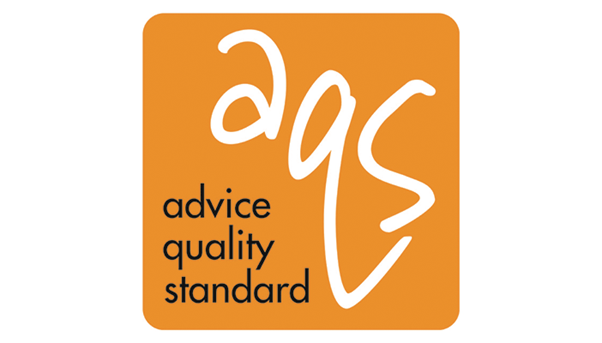Benefits for people of working age
If you are under state pension age and are blind or partially sighted, there are a number of benefits that you could claim.
Personal Independence Payment
PIP is a benefit aimed at helping you with the extra costs caused by illness or disability, including sight loss. It is for people living in England, Wales or N. Ireland who are aged 16 or over and under the state pension age when they make a claim.
For people living in Scotland. PIP has been replaced by Adult Disability Payment, which is administered by Social Security Scotland. Find out more about benefits in Scotland.

Image: A smiling young man outside
Employment and Support Allowance
ESA is a benefit for people of working age who are unable to work due to disability or illness, with a contributory-based and an income-related version. Universal Credit (UC) has now replaced the income-related version of ESA for almost all new claimants, but there are situations you may still claim new-style ESA which is based on your national insurance contributions. Those people still in receipt of income-related ESA are gradually being migrated to UC.

Image: Smiling young woman standing in the doorway of her home
Housing Benefit and Council Tax Support
Housing Benefit is one of the group of benefits that is being replaced by Universal Credit for people of working age. Council Tax Support (rate relief in Northern Ireland) can still be claimed and can help with the cost of council tax/rates.

Image: a lady walking down steps outside of her house
Universal Credit
The government has now replaced several working-age benefits with a single new benefit called Universal Credit. You may be eligible for it if you are not working or on a low income. It doesn’t matter whether you’re in or out of work.

Image: Middle-aged smiling man, wearing earphones in his garden
Tax Credits
Tax credits are administered by His Majesty’s Revenue and Customs (HMRC). Tax credits comprise two parts: working tax credit and child tax credit. They are part of the benefits system that has beenis being replaced by Universal Credit and a new claim can no longer be made. However, if you have a current award of working tax credits, you can add the child tax credit part and vice versa. People claiming Tax Credits have been told to claim Universal Credit (or Pension Credit, in some limited circumstances). The Tax Credit system ended on 5 April 2025.
Calculate your benefits
The benefits you're entitled to depend on your own personal circumstances. We have an easy-to-use calculator that asks you some questions about your situation and then tells you exactly how much you may be missing out on.
Related FAQs
Questions that others have found useful.
- What benefits am I entitled to as a severely sight impaired (blind) or sight impaired (partially sighted) person?
- Do I have to be registered severely sight impaired (blind) or sight impaired (partially sighted) to receive Attendance Allowance, Personal Independence Payment or Disability Living Allowance?
- Will an award of PIP affect my other benefits?
- I've been told I must carry out work-related activity while claiming my benefit, is this right and can I appeal?
Advice you can trust
Our Advisers receive specialist training on topics related to living with sight loss, and many have personal experience of sight loss themselves.
Advisers are accredited with the Advice Quality Standard, an independent accreditation for organisations giving advice to the general public.

The Advice Quality Standard logo







